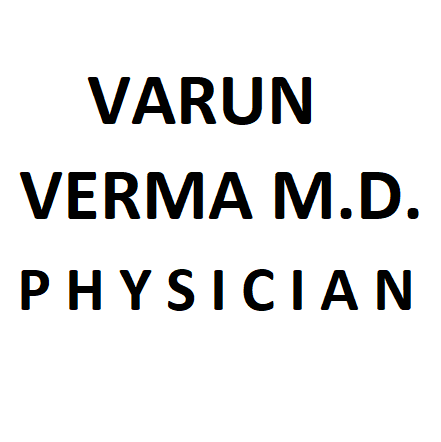We don’t talk about burnout.
I reunited with a former medical school classmate for lunch recently and realized that I talked more to him in two hours about my experiences over the past few years than I had with my hospitalist colleagues at work or my closest friends. In fact, I’ve only ever dared to mention anything ever to my wife and brother (both physicians).
Lots of sources define burnout as accumulation of stress over time that leads to exhaustion and feelings of helplessness. Sometimes superficial prescriptions are given the importance of practicing self-care and finding ways to manage stress in order to mitigate burnout. Gee, thanks Captain Obvious.
I do realize that not everyone is burned out. There are people that absolutely love what they do, and their work lives seemed align perfectly with their personal vision. One of my closest friends is a vascular surgeon with a physician spouse and with young kids like me. He works 80-hour weeks and performs complex surgeries without apparent struggle. Sometimes I envy his enthusiasm and wonder what I’m doing wrong. I don’t think I chose the wrong specialty (I switched from Ophthalmology to Internal Medicine a long time ago), and I’ve worked at more than 10 hospitals so I know challenges aren’t isolated to any one system.
Very few physicians, nurses, or any other healthcare professionals I know talk about burnout with anyone. I guess we fear being labeled as weak or having a character flaw. As highly trained healthcare professionals we think we are in control and that we can power through and fix any issue. We dread asking for help and we worry that even hinting at challenges may be a sign of surrender that many of us just can’t bring ourselves to do. So what do we do? Absolutely nothing different; we keep showing up day-after-day to help patients.
Obviously burnout can have serious effects on both our mental and physical health, our personal lives and our career longevity. I imagine at some point many people just realize they’ve had enough of suffering in silence. They move onto another employer or just simply drop out of the healthcare ecosystem completely in an act of self-preservation.
Institutions keep creating committees, hotlines that we can call, and online resources so that healthcare professionals can reach out for professional help if necessary. But are the healthcare professionals who need help actually getting it? What actionable steps are truly effective? Instinctively I think many healthcare professionals realize having safe staffing ratios and decreasing workload must be helpful (how can it not?). The institutional answer of periodic pizza parties, mandatory wellness modules, once a year retreats or the like certainly don’t seem to work.
There’s a whole private industry focused on coaching, courses and other interventions. Many residents and early career physicians likely cannot afford to fork over $500-1000/month for ongoing coaching or $25-50K per year for some “elite” mastermind. I don’t doubt the effectiveness of the offerings, but given the premium price point – it’s simply not going to help the masses.
Sadly I fear that the main issue is that there’s a fundamental disconnect between the “no money no mission” culture of medical–industrial complex and the needs of the human beings that work in these systems. My prediction is the prevalence of burnout among all healthcare workers is likely going to get worse and along with it the widespread staffing challenges.


Well written true picture of healthcare workers.The system stinks.
Administrators are creating hurdles and doctors have to follow the protocol.
Flawed system of patient care
Hi Varun
I agree with your sentiments. I was academic hospitalist from 1997-2015.
Idea of hospital medicine was good but the priority of hospitalist moved from patient to system efficiency –
Happy to chat with you more – Vijay